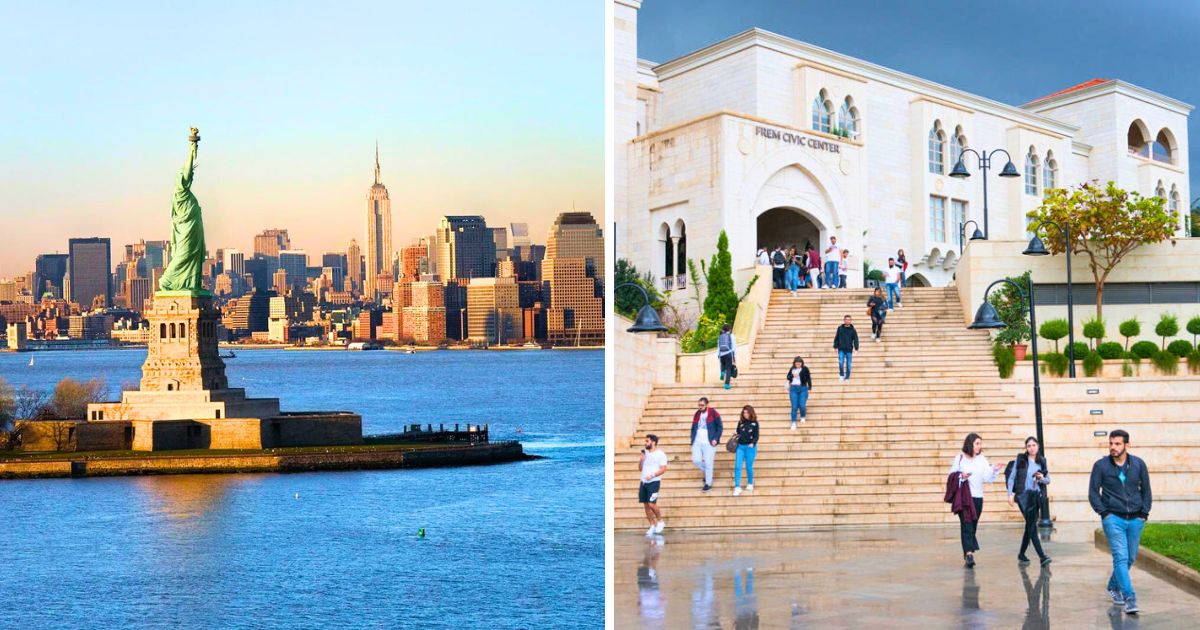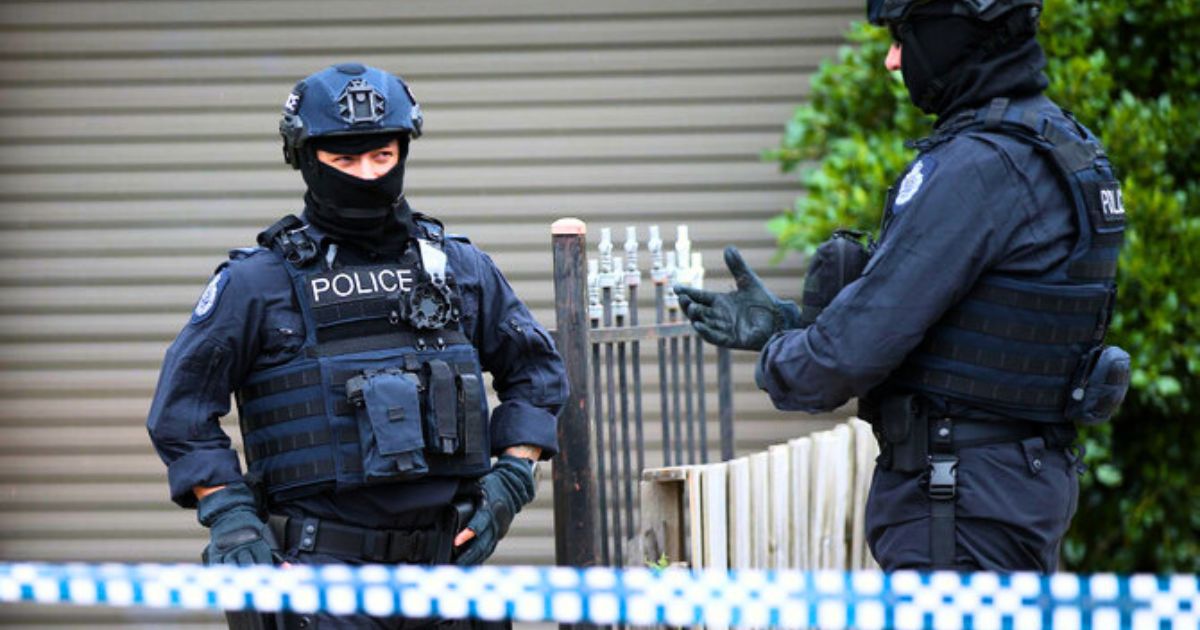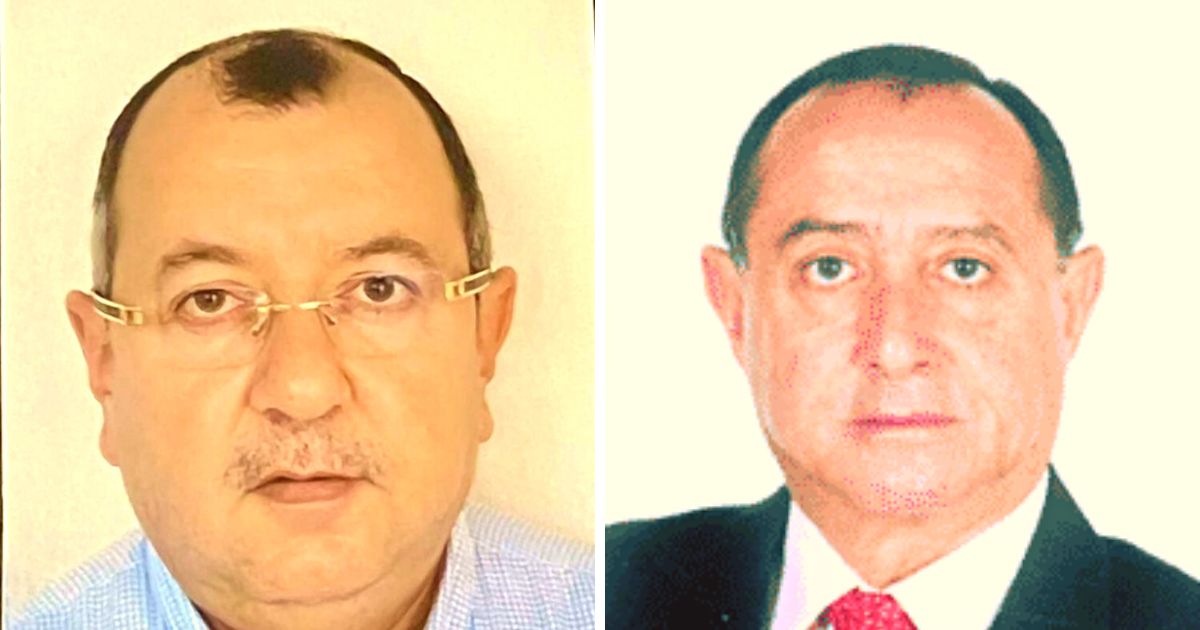While Lebanon continues to struggle with numerous issues, and while its citizens ache for a better standard of living and dream of a life abroad, the country is witnessing a return of a significant number of its migrants.
Puzzling indeed, especially when you think that most of them are not returning from countries with conflicts.
You certainly wonder about the real reasons for their return, as we all do. Taking it a step further, we also wonder where they stand on the existing internal instability, after having called countries with much better living conditions “home” for decades now.
Here is where this newly published study is of value in shedding light upon what might be seen to many Lebanese as a strange phenomenon.
Under the title Homecomings: Re-integration of Return Migrants in Lebanon, this new study explores the return of Lebanese people who left during the Civil War period (1975-1990) and who have since returned in the post-war era.
The research takes the initial steps to investigate 200 Lebanese of diverse regions in Lebanon and who have returned from various countries of immigration.
This research explored questions of return “motivation”; the impacts of the experiences of living abroad and of returning; and the diverse conditions and perspectives of their return to Lebanon.
Fourteen percent of the 200 interviewees (14.5%) were immigrants in Saudi Arabia, 13% in France, 11.5% in African countries, 11% in Canada, 10.5% in the USA, 5.5% in Dubai, 5.5% in Kuwait, 4.5% in Australia, 3.5% in Venezuela, and 20.5% in other countries.
The study found that the major reasons for returning are basically as follows: family life/family reunification, to invest in Lebanon, better job opportunities, a better lifestyle, children’s education, and a more satisfying social life.
In terms of the permanence of the return decision: most of the returnee cohort have returned permanently, some view their return as temporary while a significant percentage remain undecided.
The study uncovered commonalities in the opinions of the returnees in regards to Lebanon status quo. Among the issues about which they feel strongly:
- that political stability and institutional reforms are essential to stabilize the country and to attract diaspora investments,
- that radical changes are needed in the government structure, the parliament, the electoral system, and the laws governing each.
They also felt strongly about the need for:
- reducing confessionalism,
- combating corruption,
- inducing transparency,
- increasing decentralization,
- modernizing the laws, and
- developing the country’s infrastructure
All which would enormously benefit the homeland.
It is worth pointing out that this new study is one of a very few on return migration in Lebanon; a subject that has been understudied in academic circles.
The study is particularly important because it not only addresses a broad and significant gap within Lebanese studies, but it also creates a model to generate new research in this field.
According to Dr. Guita Hourani and Dr. Suzanne Menhem, the authors of the study, its purpose was “to initiate a dialogue on formulating policies and programs that will help returnees and encourage return migration to the country.”
The authors hope that this study will usher in more original inquiries on return migration and its social, cultural, political, and economic impacts on the returnees and on Lebanon.
As Lebanon remains a country with undeniable charm and countless positive features, often to foreigners with no ties to the country, true, but also to our people in the diaspora, it shouldn’t really shock us that Lebanon’s migrants want to come home. Often enough, the question is only when and how.
















